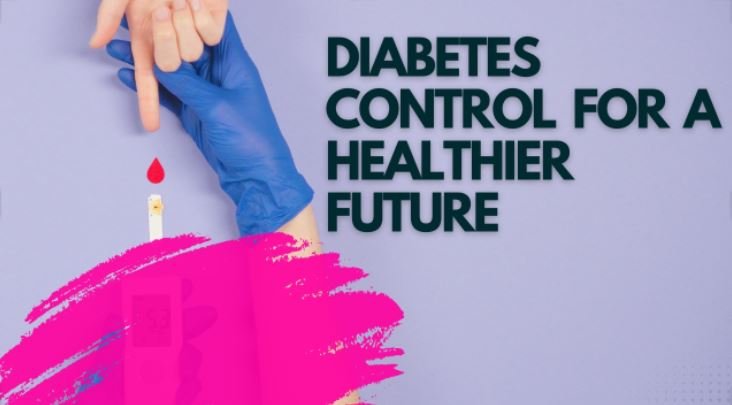On this World Diabetes Day, India confronts a troubling reality—its title as the “diabetes capital of the world” has become an undeniable reflection of a deepening public health crisis. A recent analysis published in The Lancet reveals that in 2022, 212 million adults in India were living with diabetes, making it the nation with the highest number of cases globally. Even more alarming is the fact that over 133 million of these individuals, nearly 62%, are struggling with untreated diabetes. This stark statistic underscores the systemic gaps in the country’s healthcare system, where untreated diabetes has become a major contributor to severe health complications and societal strain.
The findings, derived from research by the NCD Risk Factor Collaboration and the World Health Organization, indicate that while diabetes cases have surged dramatically, treatment coverage has barely improved over the decades. For men, treatment rates increased to 25.3%, and for women, to a mere 21.6%. These negligible improvements reveal the limited impact of health initiatives in low- and middle-income countries like India, where economic and infrastructural disparities continue to hinder progress. The consequences of this treatment gap are devastating, leading to complications such as heart disease, kidney failure, and blindness, which not only impair individuals but also place immense pressure on families and an already overstretched healthcare system. A multitude of factors contribute to this healthcare failure. Lack of awareness and delayed diagnosis remain significant hurdles. Routine diabetes screenings are still not the norm, particularly in rural areas where healthcare accessibility is limited. After a diagnosis, financial constraints often prevent patients from affording medications or adhering to prescribed treatments, creating a cycle of unmanaged health conditions. Inadequate healthcare infrastructure in rural and underserved regions further exacerbates the problem, leaving millions without the long-term care needed to manage their condition effectively. The economic burden of diabetes disproportionately affects low- and middle-income households, where the cost of treatment, regular monitoring, and medication is prohibitively high. Many families are forced to prioritize other basic needs over healthcare, perpetuating the cycle of untreated diabetes. These economic and social disparities have fuelled the widening treatment gap, highlighting the urgent need for systemic change. Addressing this crisis requires immediate, collaborative action. Public awareness campaigns about the risks of diabetes and the importance of early detection must reach even the most remote areas, leveraging the networks of local health workers to provide screenings and education. At the same time, access to affordable care must be prioritized. Subsidizing medications and offering free diagnostic services could alleviate the financial burden on patients, improving treatment rates and health outcomes. Such measures would require coordinated efforts from government agencies, healthcare providers, and community organizations to ensure equitable access to care.
India’s diabetes epidemic is a complex issue rooted in economic, social, and systemic challenges. Combating it demands collective responsibility and bold initiatives that address these underlying barriers. On World Diabetes Day, as the nation grapples with this growing health crisis, the focus must shift from labels to solutions. The opportunity to rewrite India’s health narrative is within reach, but only through decisive and inclusive action can the country move towards a healthier, more equitable future.
#DiabetesControl #HealthcareForAll #JammuAndKashmir #DiabetesAwareness #PublicHealth #AffordableCare #HealthyLiving #PreventionMatters #FightDiabetes #HealthcareAccess #RuralHealth #WellnessForAll #EarlyDetection #StrongerHealthcare #CommunityHealth




